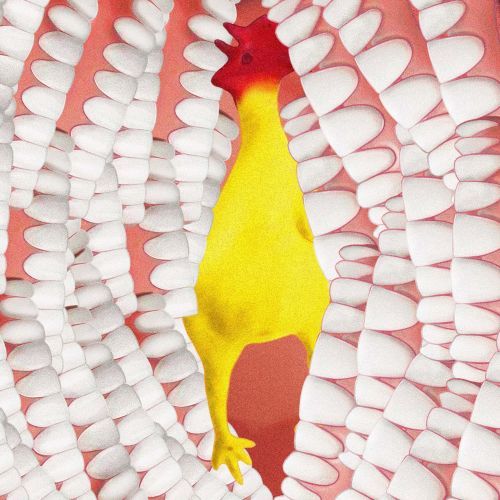Will lab-grown meat gain popularity?
Lab-grown meat is made by extracting animal cells, which are then fed with nutrients such as proteins, sugars and fats. The cells can divide and grow, and after a while, they are placed in a large steel bioreactor that acts as a fermentation tank. After four to six weeks, the material is “taken” from the bioreactor, some vegetable protein is added, and then moulded and 3D printed to give it shape and texture. However, lab-grown meat production technology is very energy-intensive, negating the potential benefits of reducing land and livestock use and carbon emissions.
Currently, Singapore is the only country in the world that allows the sale of lab-grown meat. Huber’s Butchery and Bistro is the only restaurant that offers lab-grown meat produced by California-based company Eat Just.
JBS, a Brazilian meat company, has started constructing Spain’s first cultured meat factory. A project by BioTech Foods, a subsidiary of JBS, aims to increase the production of lab-grown meat. The plant is expected to produce over 1,000 tons of beef annually, and it is planned to increase this number to 4,000 t in the future. BioTech Foods also aims to meet the growing demand for meat in Australia, Brazil, the EU, Japan, Singapore and the USA. The company uses animal cells to grow meat tissues, and its initiative aims to contribute to the stabilisation of food security and global protein production.


























